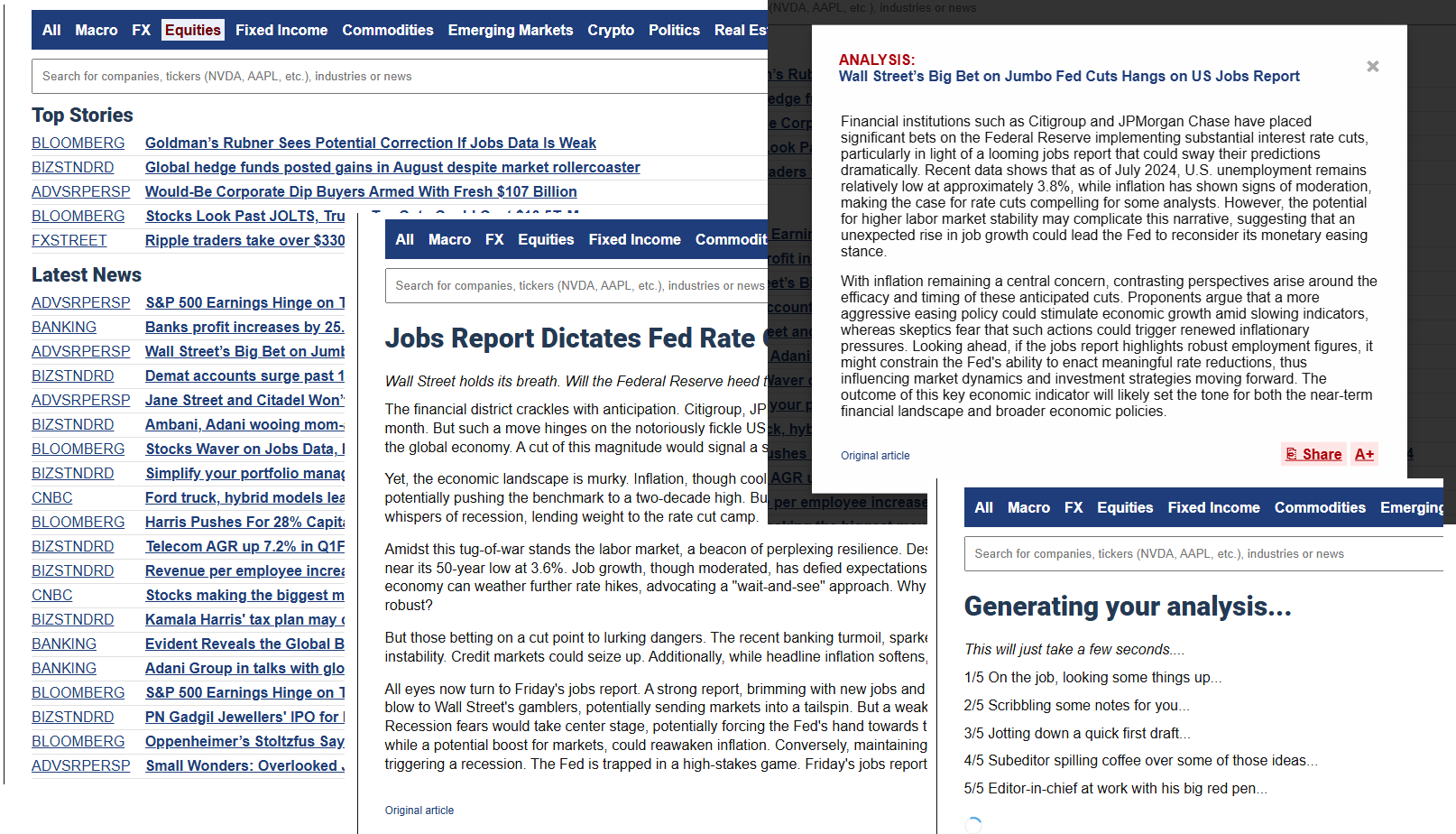Kamala Harris Champions Childcare Cost Cap Amid Economic Turbulence
In a bold move to alleviate economic pressures, Vice President Kamala Harris proposes capping childcare costs at seven percent of household income. This initiative aims to provide substantial financial relief to American families juggling work with child-rearing responsibilities. As living costs soar, many families face impossible choices—whether to work or afford quality childcare. By capping childcare expenses, Harris hopes to liberate income for other essentials and possibly boost labor force participation, especially among women, thereby fostering broader economic growth. Yet, this policy is met with staunch opposition. Critics claim that it would strain the federal budget further, leading either to higher taxes or increased national debt. These concerns reflect the larger national debate over balancing social welfare programs with fiscal responsibility.
Simultaneously, energy costs are skyrocketing. Policies under the Biden administration regarding fracking and liquefied natural gas (LNG) exports are under intense scrutiny. Industry leaders, such as Chevron CEO Mike Wirth, criticize the administration's approach, arguing that it prioritizes political considerations over economic pragmatism. They assert that eased export restrictions would mitigate energy price hikes, thus benefiting the economy. The ongoing geopolitical turmoil, especially the Russia-Ukraine conflict, exacerbates these energy issues. The war disrupts supply chains and fuels market volatility, complicating the administration's efforts to balance environmental goals with economic realities.
On the domestic front, energy policies reverberate across sectors. Byron Allen’s Allen Media Group is implementing significant cost reductions to navigate near-term debt maturities, a strategy mirroring the economic uncertainty faced by many households. Both public and private sectors now focus on stringent cost management to achieve economic resilience.
Inflation is another pressing concern. The agriculture sector has seen a 73% rise in costs over the past seven years, driving up food prices and contributing to overall living expense increases. Policymakers are caught in a delicate balancing act, striving to curb inflation without stifling economic growth and maintaining employment levels. Decisions in welfare and energy spheres are now more crucial than ever in this inflationary context.
Harris's presidential bid is intrinsically linked to these economic challenges. Her strategies, including the childcare cost cap, are carefully designed to resonate with voters facing financial stress. In stark contrast, former President Donald Trump advocates reinstating the SALT deduction cap—a measure benefiting wealthier households. This divergence highlights the deep ideological divides in U.S. economic policy debates.
External pressures further compound domestic issues. Companies like Boeing are implementing cost-cutting measures, including hiring freezes and potential furloughs, reflecting broader economic vulnerabilities. These strategic decisions are seen as necessary to hedge against threats posed by labor strikes, supply chain disruptions, and evolving market dynamics. Such measures are crucial for maintaining profitability but also underline the fragility of economic recovery.
Additionally, the economic impact of extreme weather events is becoming increasingly evident. Hurricane Francine, for example, is projected to cost insurers around $1.5 billion, underscoring the growing financial burden of climate change. These environmental-economic linkages demand significant investments in recovery and resilience, with the insurance industry playing a pivotal role in economic stability.
In sum, discussions around costs and policy will dominate public discourse in the foreseeable future. Whether focusing on childcare, energy exports, agricultural expenses, or corporate strategies, the economic landscape is defined by a complex interplay of domestic and international factors. Harris’s initiative to cap childcare costs emerges as a significant effort to relieve long-standing economic pressures. The opposition from both industry leaders and political adversaries highlights the contentiousness of these debates. Decisions and policies enacted now will have lasting repercussions on future economic stability or instability.
AI-Powered trading insights: join our email list
Real-Time Market Analysis
Get instant insights on market trends, news impact, and trading opportunities.

